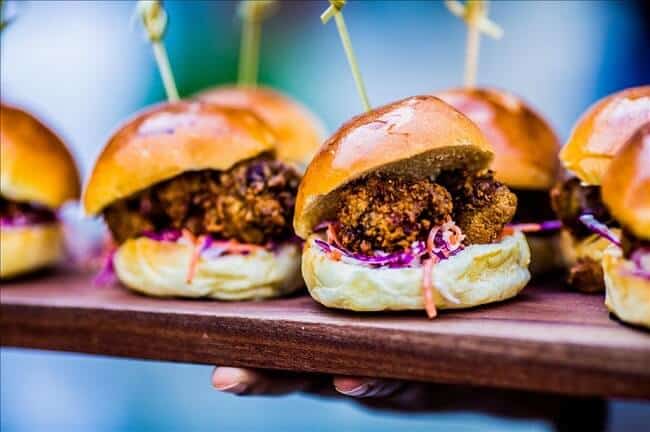-
Key challenges faced by the UAE food and beverages sector are limited pricing power, a surge in transport costs, and intense competition within the local supply chain segments
-
The UAE imports 90 percent of its food and beverages sector needs
Key challenges faced by the United Arab Emirates (UAE), which imports 90 percent of its food and beverages (F&B) needs, are limited pricing power, surge in transport costs, and intense competition within the local supply chain segments.
Euler Hermes, the world’s largest trade credit insurance provider, said in its latest regional assessment, that the sanitary crisis triggered by COVID-19 has had a dual impact on the food and beverages industry in the UAE.
The beverage segment, Euler Hermes said, suffered setbacks in a domino effect amid the slowdown of travel in the UAE and globally. Subsequent lockdowns have disrupted the steady growth of global trade and put agrifood supply chains under strain leading to a skyrocketing demand for online food deliveries, increasing the demand for packaged meals and higher local consumption.
However, HORECA’s (hotels, restaurants, catering) loss has been retail’s gain, and the sound financial performance of large food manufacturers has cushioned the pandemic’s fallout.
On regional implications, Jean Claus, CEO, Euler Hermes GCC, said that despite the disruptive developments for travel, tourism, and food supply chains amid the pandemic, the UAE and the GCC overall have fared well in relation to food supply as they had put in place food security measures well before the Sars-CoV2 crisis.
“Food supply chains are likely to be fundamentally altered in the future with more stress on shorter turnaround time, reliance on e-commerce to reach more customers, growing consumer preference for healthy, nutritious and high-quality food imports,” Claus said.
The UAE, like its GCC neighbors, relies on imports to meet food requirements with local agricultural production contributing 0.1 percent to GDP. With tourism markets cautiously reopening, the F&B industry has received some tailwinds in recent months, with Germany or China having been put on the green list of Abu Dhabi. Visitors from both the countries can enter Abu Dhabi quarantine-free.
Euler Hermes GCC has put the F&B sector of the UAE and all six GCC countries (UAE plus Saudi Arabia, Kuwait, Bahrain, Qatar, Oman) at “Medium Risk”, whereby the long-term outlook remains stable.








